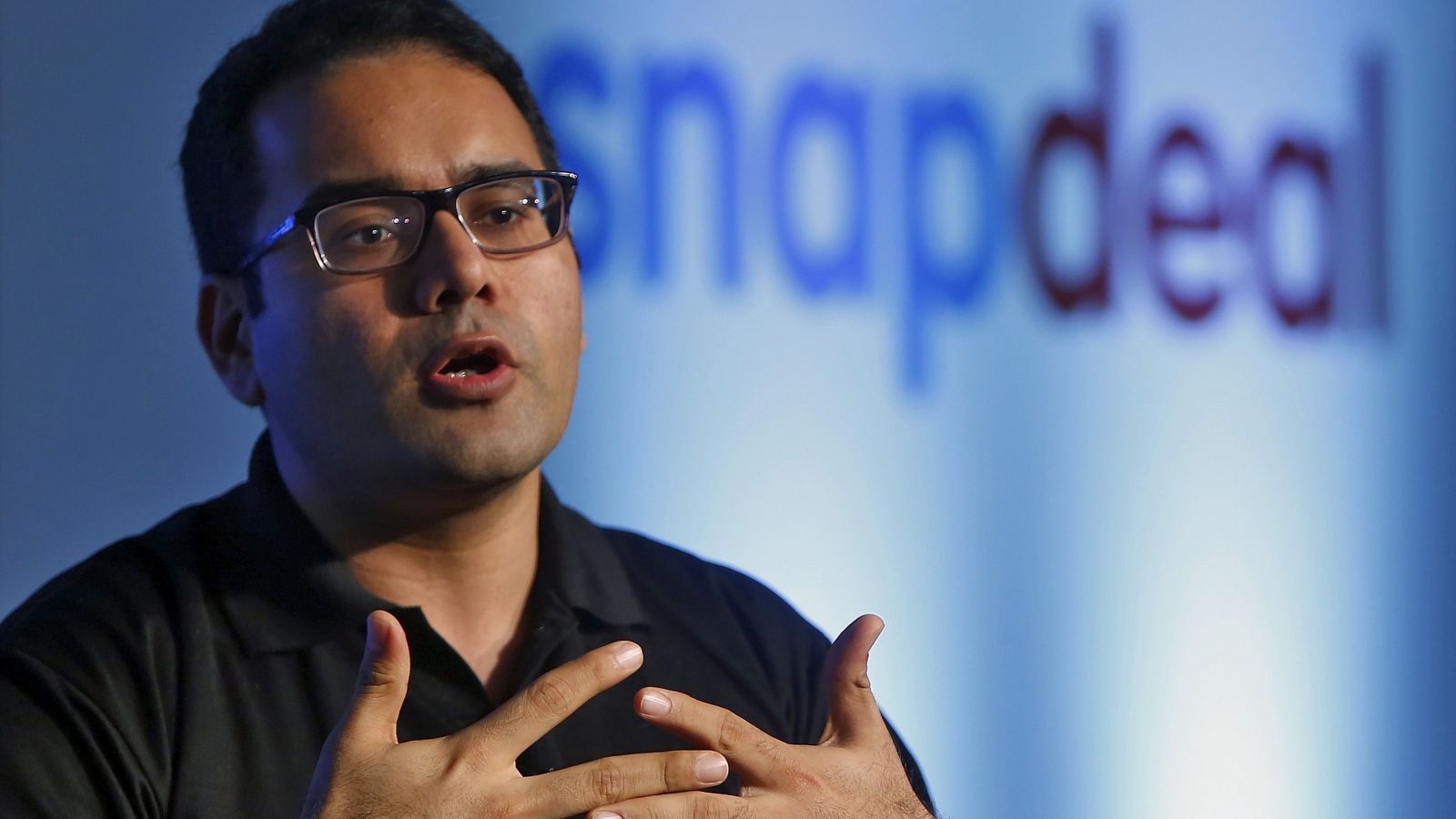ã€Global Science and Technology Report】With the Trump administration's reform of the H-1B visa (specialist/temporary work visa), tightening the issuance of H-1B visas has caused more and more disputes. Many analysts believe that this will not help Americans find employment in the long run. The US “Quartz†website reported on February 6 that the H-1B visa is the most important work visa for the United States and is issued to foreign employees with professional skills so that they can obtain jobs in the United States and can work in the United States up to a maximum of 6 year. Opponents of the H-1B visa program pointed out that the visa impacted the employment of Americans, especially when it comes to technology-related work in the United States. Foreign visa holders are even more dominant. Technology companies have long been criticized for recruiting cheap labor through visa programs, although this may not be fair. As young people continue to work and study in the United States, India is the first to be affected by the United States tightening the H-1B visa. According to statistics, of the 1 million international students enrolled in the United States last year, 15% were Indian students. Among the foreign talents entering the United States each year, Indian nationals are the biggest beneficiaries of H-1B visas. One detail that needs to be noticed, however, is that, for each H-1B visa issued in the United States, two people were rejected. Of the thousands of H-1B visa applicants each year, only one third of them can obtain a work visa. The report said that under the reform of the Trump administration, this chance will be further reduced. The article said that this change will affect the intention of US companies recruiting foreign talents and foreign talents to travel to the United States. However, among these talents, some people just have the qualifications to become big entrepreneurs. For instance, Kunar Bell, the founder and CEO of Snapdeal, the largest e-commerce provider in India. The article said that in 2007 Bell graduated from the Wharton School of the University of Pennsylvania and received the position of a Microsoft engineer at the Seattle technology giant, but did not obtain an H-1B visa. However, if he received this visa, perhaps the famous Indian technology company Snapdeal will never be born. After being rejected for three years, he founded Snapdeal with his friends. India's growing middle class and the popularity of computers and smart phones have enabled Snapdeal to quickly grow profitably. Today it is among the top e-tailers in the online market, rivaling e-commerce giant Amazon and Flipkart in Bangalore. Bell is not the only successful entrepreneur to leave the US Silicon Valley and return to India to start the company. In India, some newly-established start-up companies with a market value of more than $1 billion were founded by some educated entrepreneurs in the United States. In addition to Snapdeal, nine of India’s nine companies listed as “the Wall Street Journal’s one billion dollar club†are educated in the United States. The article said that of course, the United States tightening the issuance of H-1B visas is not the whole reason for these. India as the fastest growing market in the world and India’s successful repatriation of Indian overseas experts are also important reasons. Although these companies will not affect the status of technology giants in the short term, the attractiveness of India as an emerging market, as well as the shortage of US technology and changes in visa policies, will make it difficult for the next generation of newly established companies to develop. Biju, who graduated from Carnegie Mellon University, founded Agentdesks, a San Francisco-based real estate networking platform, in October 2014. Biju said that the United States is extremely short of engineers, and the shortage of skilled personnel has caused American engineers' average wages to exceed $150,000. The tightened visa policy will only worsen this situation. (Internship Compilation: Zhang Wenjun Reviewer: Tan Liya) The digital signage Advertising Player is a new generation of intelligent equipment that uses standard LCD displays and LCD TVs to realize information display and video advertisement playback through networking and multimedia system control. Outdoor LCD digital signage advertising machine replaces traditional light boxes, posters, and frames. An LCD advertising player can play multiple pictures and videos at the same time, making full and effective use of geographic technology locations. Save costs and better publicize and display products. digital signage,digital signage outdoor,digital signage advertising,wall mounted digital signage,interactive kiosk,stretched lcd displays Shenzhen Hengstar Technology Co., Ltd. , https://www.angeltondal.com